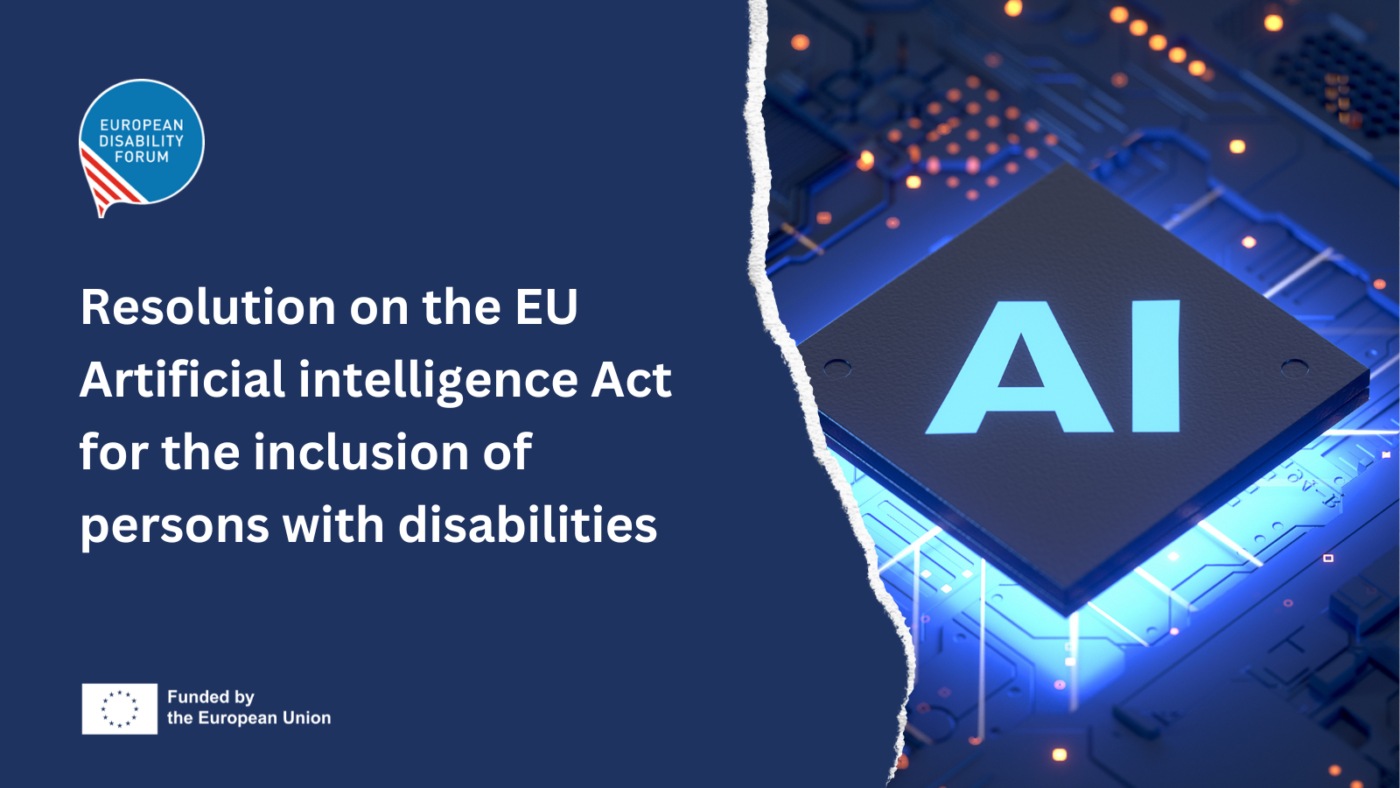The Trump Administration And The Future Of AI Regulation In Europe: A Clash Of Ideologies

Table of Contents
The Trump Administration's Laissez-Faire Approach to AI
The Trump administration prioritized technological innovation, favoring a less interventionist regulatory framework for AI. This "hands-off" approach stemmed from a belief in the self-correcting nature of the market and a focus on fostering competition and economic growth. This translated to:
Emphasis on Innovation over Regulation:
- Minimal Government Intervention: The administration largely avoided imposing stringent regulations on AI development and deployment, believing that excessive oversight could stifle innovation. This contrasted sharply with the EU's approach.
- Deregulation Efforts: Efforts were focused on reducing existing regulatory burdens, aiming to create a more favorable environment for tech companies.
- Focus on Economic Growth: The primary driver of policy was economic competitiveness, with AI viewed as a key engine for growth. This led to a less critical examination of potential societal risks.
Concerns Regarding Data Privacy and Security:
While emphasizing innovation, the administration’s approach often downplayed concerns related to data privacy, security, and algorithmic bias. This resulted in:
- Weakening of Data Protection: Existing data protection laws faced relaxed enforcement, leading to concerns about the misuse of personal data by AI systems.
- Limited International Cooperation: The administration showed reluctance to participate in international efforts to harmonize data privacy standards, creating friction with the EU and other international partners.
- Insufficient Funding for Ethical AI Research: Limited funding was allocated to research into AI ethics and the development of responsible AI guidelines, potentially increasing the risk of harmful biases and discriminatory outcomes.
The EU's Proactive and Precautionary Approach to AI Regulation
In contrast to the US approach, the EU adopted a more cautious and proactive approach to AI Regulation Europe, prioritizing ethical considerations, data protection, and consumer rights. This focus on responsible AI development led to:
Emphasis on Ethical Considerations and Data Protection:
- GDPR as a Cornerstone: The General Data Protection Regulation (GDPR) established a high bar for data protection, influencing the development of AI regulations across the globe and serving as a model for other jurisdictions.
- Transparency and Explainability: The EU stressed the importance of transparency and explainability in AI systems, requiring developers to provide clear information about how AI algorithms make decisions.
- Bias Mitigation: Significant efforts were directed towards mitigating algorithmic bias and ensuring fairness in AI systems, particularly in areas like loan applications and criminal justice.
Development of Comprehensive AI Regulatory Frameworks:
The EU is actively developing comprehensive regulatory frameworks for AI, aiming to balance innovation with ethical concerns and consumer protection. This includes:
- The Proposed AI Act: This landmark legislation classifies AI systems based on risk levels, imposing varying degrees of regulatory oversight. High-risk AI systems will face stringent requirements.
- Accountability and Liability: The framework focuses on establishing clear accountability and liability mechanisms for harms caused by AI systems.
- Investment in Trustworthy AI: The EU is investing heavily in research and development aimed at creating trustworthy and ethical AI systems.
The Transatlantic Divide and its Impact on Global AI Governance
The contrasting approaches to AI Regulation Europe and in the US have created a significant transatlantic divide with implications for global AI governance.
Differing Approaches to Data Privacy:
- Data Transfer Challenges: The different approaches to data privacy create challenges for transatlantic data flows, potentially hindering international collaborations.
- Regulatory Barriers: Disparate regulatory landscapes could lead to trade disputes and the creation of regulatory barriers for AI companies operating across the Atlantic.
- International Cooperation Hurdles: Divergent standards make international cooperation on AI research and development more complex.
Long-Term Implications for AI Development and Deployment:
The divergence in regulatory approaches could lead to different trajectories for AI development and deployment in Europe and the United States.
- Europe as a Leader in Ethical AI: Europe has the potential to become a global leader in ethical and responsible AI development, attracting investment and talent.
- US Maintaining Innovation Speed: The US might maintain a competitive edge in terms of the speed of AI innovation due to its less restrictive regulatory environment.
- Global Uncertainty: The long-term impact of these contrasting models on global AI governance remains uncertain.
Conclusion
The Trump administration's laissez-faire approach to AI regulation contrasted sharply with the EU's proactive and precautionary stance, creating a significant transatlantic divide with lasting implications for global AI governance. While the US prioritized innovation, the EU emphasized ethical considerations and consumer protection. This divergence has led to different regulatory frameworks and potentially divergent paths for AI development. Understanding this "clash of ideologies" regarding AI Regulation Europe is crucial for navigating the future of AI globally. Further research and international collaboration are vital to bridging this gap and establishing a globally consistent approach to responsible AI development and deployment, ensuring both innovation and ethical considerations are given due weight. Staying informed about the evolution of AI regulation in Europe and globally is essential for businesses and policymakers alike.

Featured Posts
-
 Nfl Draft 2024 A Green Bay First Round Preview
Apr 26, 2025
Nfl Draft 2024 A Green Bay First Round Preview
Apr 26, 2025 -
 Securing A Switch 2 Preorder My Game Stop Store Visit
Apr 26, 2025
Securing A Switch 2 Preorder My Game Stop Store Visit
Apr 26, 2025 -
 Golds Record High Understanding The Trade War Impact On Bullion
Apr 26, 2025
Golds Record High Understanding The Trade War Impact On Bullion
Apr 26, 2025 -
 Wildfire Betting A Disturbing Trend In Los Angeles
Apr 26, 2025
Wildfire Betting A Disturbing Trend In Los Angeles
Apr 26, 2025 -
 New Business Hot Spots Identifying Key Growth Areas In Country Name
Apr 26, 2025
New Business Hot Spots Identifying Key Growth Areas In Country Name
Apr 26, 2025
